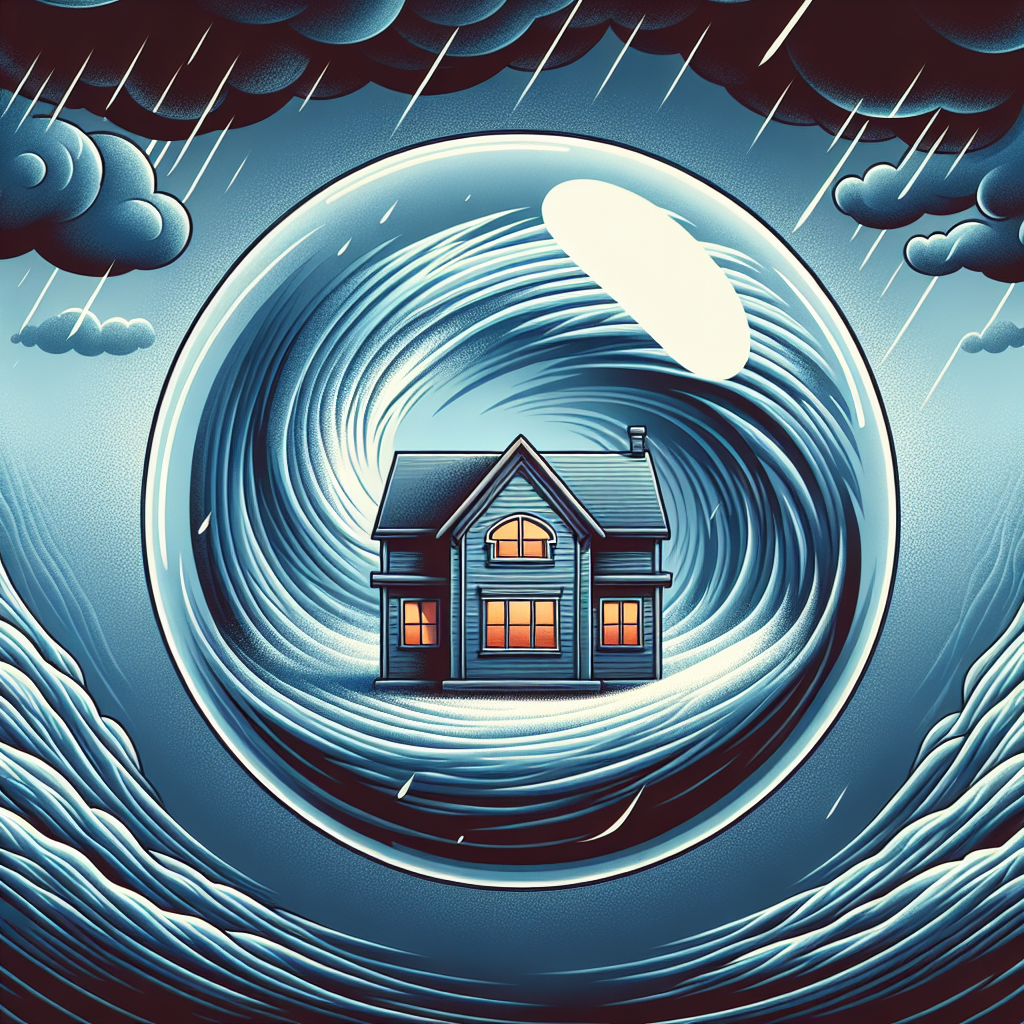Filed under Home Insurance on
Hurricane Home Insurance: What You Need to Know

With the increasing frequency and intensity of storms, understanding hurricane home insurance is essential for homeowners, especially those residing in vulnerable areas. Securing the right coverage not only protects your assets but also provides peace of mind during the stormy season. This article delves into the nuances of hurricane home insurance, guiding you through what you need to know to make informed decisions.
Understanding Hurricane Home Insurance
Hurricane home insurance is a specialized form of coverage designed to protect homeowners from the unique risks posed by hurricanes. This includes damage from high winds, storm surges, and related hazards that traditional policies might not fully cover.
What Hurricane Insurance Typically Covers
The core coverage usually includes:
- Wind Damage: Insurance often covers structural damage caused by high winds.
- Water Damage: Protection against water damage from rain or burst pipes during a storm.
- Storm Surge: Although sometimes separate, storm surge protection is crucial in coastal areas.
- Additional Living Expenses (ALE): Covers temporary housing and living costs if your home is uninhabitable.
Exclusions and Limitations
It's vital to be aware of common exclusions, which often include flood damage due to rising water levels outside the aforementioned storm surges. Standard policies might not cover all potential hurricane threats, necessitating additional flood insurance for complete protection.
Why You Need Specialized Coverage
General homeowners insurance sometimes falls short in addressing the extensive damage hurricanes can cause. This makes acquiring hurricane-specific policies or endorsements crucial, especially as storm patterns become more unpredictable due to climate change.
Risk Assessment: Is Your Home Vulnerable?
Understanding your home's vulnerability involves evaluating location, construction materials, and historical hurricane data. Coastal and low-lying regions often face higher risks, prompting the need for comprehensive hurricane home insurance.
The construction of your home, including the age, roof type, and window protection, can influence your insurance needs and rates. Strengthening your home with shutters or impact-resistant windows might reduce premiums.
Choosing the Right Hurricane Insurance
Finding the right coverage tailored to your needs can seem daunting. Here’s how to simplify the process:
Evaluate Various Insurers
Researching multiple insurance providers is essential. Not all offer equal coverage or have the same reputation for handling claims promptly and efficiently. Customer reviews and expert recommendations can provide valuable insights.
Understand Deductibles and Premiums
Hurricane home insurance often includes separate deductibles, which can be a percentage of the insured value rather than a flat fee. Understanding these terms ensures you aren’t caught off guard during the claims process.
Comparing premiums and weighing them against coverage benefits helps determine the most cost-effective solution for your circumstances. Some insurers offer discounts for implementing protective measures like reinforced windows or doors.
Read the Fine Print
A detailed examination of policy details is crucial. Look for clauses or limitations on coverage related to specific hurricane-related threats. Consulting with an insurance professional can illuminate potential gaps in coverage.
Expert Opinions and Industry Trends
The industry trend indicates a growing emphasis on customized insurance solutions that cater to individual risk profiles. The National Oceanic and Atmospheric Administration (NOAA) reports an increase in hurricane frequency, intensifying the need for adaptive insurance solutions.
Experts also suggest that integrating technology, like smart home systems, can aid in reducing risks and potentially lower insurance rates. These technological solutions, alongside traditional fortifications, build resilience against hurricanes.
The Role of Government Regulations
Government regulations can significantly impact hurricane home insurance rates and availability. Understanding federal and state regulations ensures compliance and provides insight into potential subsidies or programs that can offset insurance costs.
Preparing for a Hurricane Season
Besides having the right insurance, preparation is key. Implementing proactive measures protects property and minimizes damage, subsequently simplifying the claims process.
Home Fortification
Fortifying your home against hurricanes involves:
- Securing Roofs and Windows: Use hurricane clips and impact-resistant glass.
- Landscaping: Trim trees and secure loose outdoor items.
- Safeguarding Documents: Ensure insurance documents are safe and accessible.
Emergency Planning
Develop a comprehensive emergency plan for your family and ensure everyone knows their role. Coordinating evacuation routes and emergency contacts helps maintain safety during crises.
Filing a Claim After a Hurricane
If your property suffers hurricane damage, efficient claims filing is crucial to receiving prompt compensation. Here are steps to streamline the process;
- Document the Damage: Take photos and videos immediately after the storm.
- Contact Your Insurer: Reach out to your provider promptly to initiate the claims process.
- Secure Temporary Repairs: Prevent further damage by making necessary temporary fixes.
- Keep Receipts: Document all repair expenses and related costs.
The quicker you can provide comprehensive documentation, the smoother your claim resolution might be. Maintaining a detailed home inventory before the storm can also streamline this process.
The Future of Hurricane Home Insurance
Climate change and technological advances will continue to reshape the hurricane home insurance landscape. More insurers might leverage data analytics to tailor coverage, while policyholders can expect innovations like real-time risk updates.
Building a resilient home not only requires obtaining adequate insurance but also integrating adaptive strategies. By aligning current needs with future expectations, homeowners can safeguard their investments against increasingly volatile weather patterns.
Understanding hurricane home insurance empowers homeowners to protect their assets effectively. By choosing comprehensive coverage and following expert recommendations, you ensure both your property’s safety and your family’s peace of mind during hurricane season.




